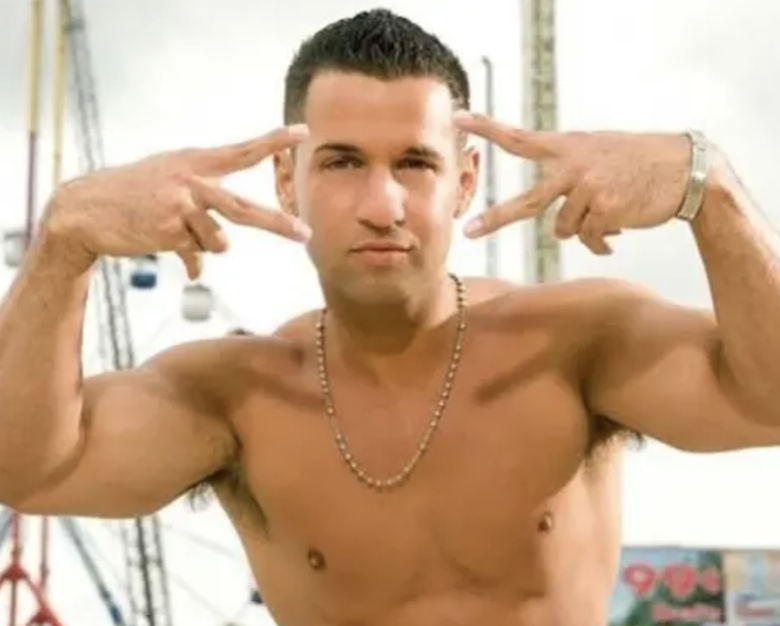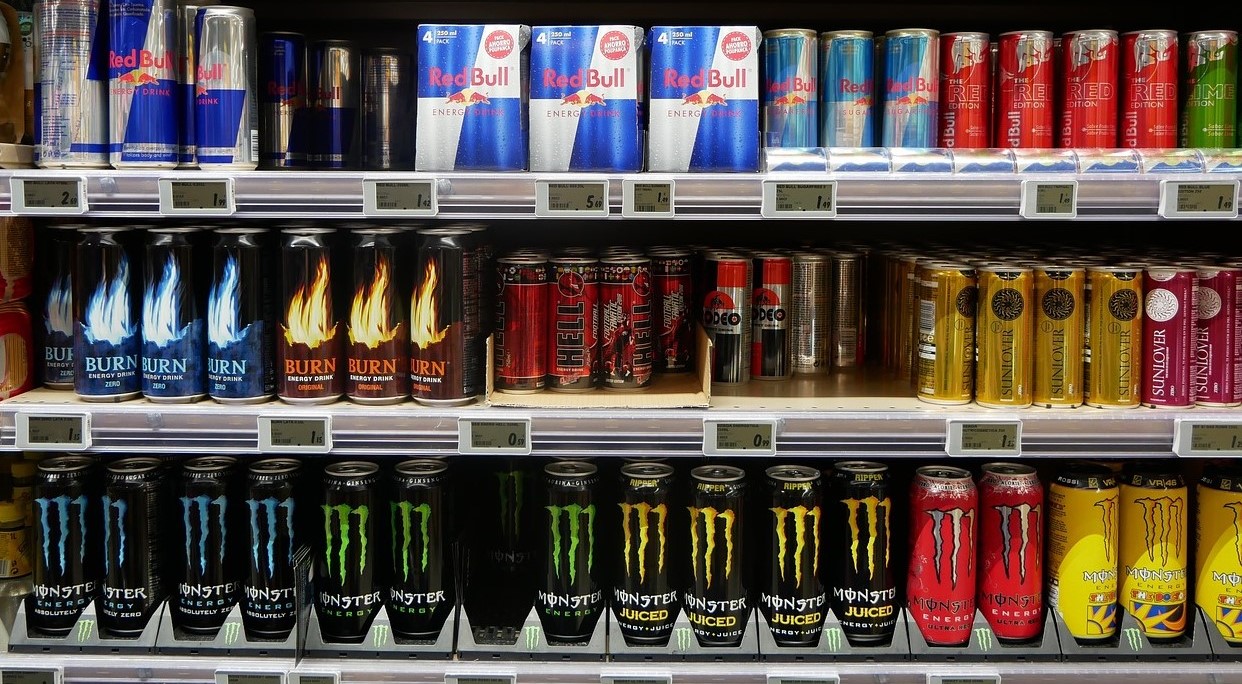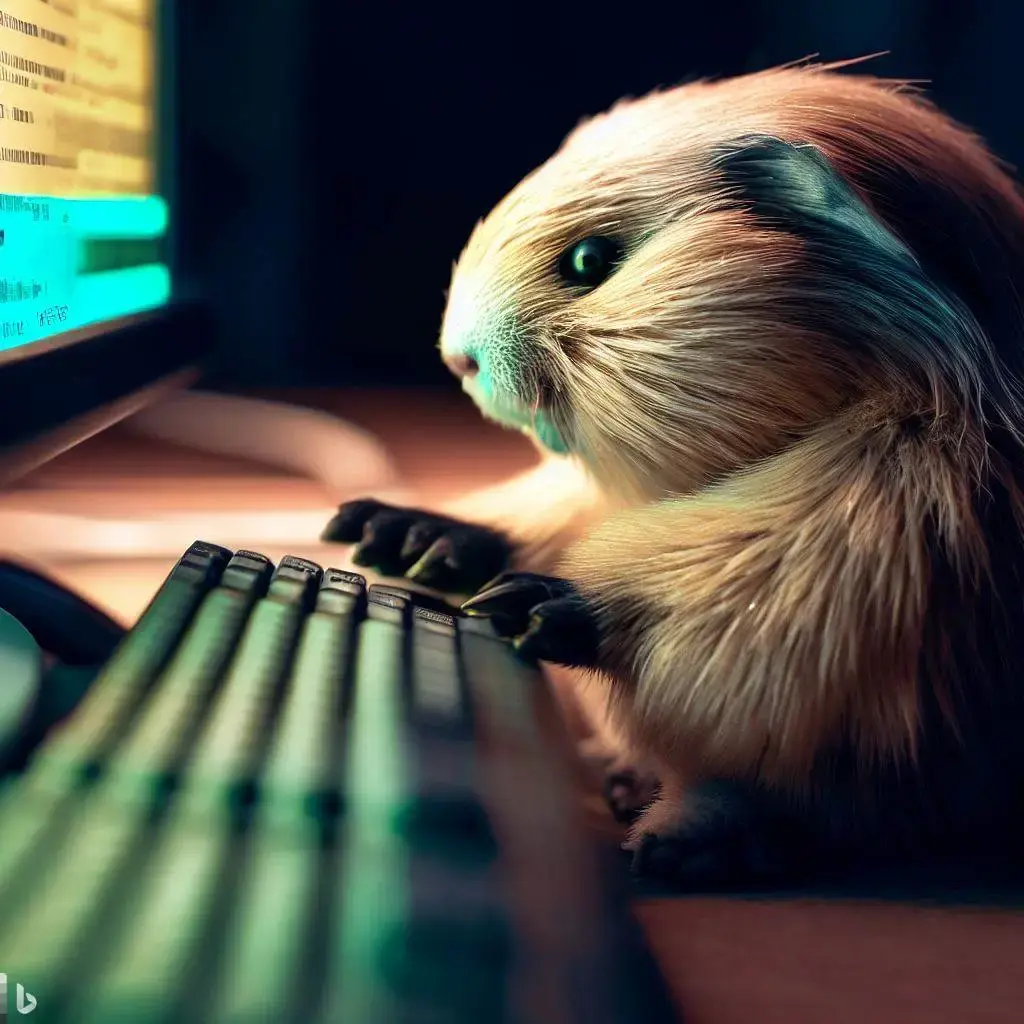Curious what you’d call them.
That’s not a bad idea.
Now let’s stop calling them ‘energy’ drinks.
That’s the most reasonable thing i’ve read today.
Yeah. Energy drinks are fucking scams.
No wonder people who actually need energy don’t use them while those who sit on their ass all day do.
The thing is that they taste good. But there is no justification for their price tag( coca cola and pepsi sodas actually fall in the same bucket,quite good but why would you buy them for that price,especialy since it costs them next to nothing to make ).
As far as I can tell, the difference between the brand colas and the non-brand ones, is that the brand ones don’t destroy my guts. 2 cups of the cheaper colas and I’m shitting liquid for a week.
I take it you’ve never been anywhere near a military base or construction site
The best workers are hydrating with good ol’ water.
The kids are drinking ‘energy’ drinks.
Idk what y’all think but honestly I’d say these little cans of poison need a warning lable like cigarettes as well
Under 18s?
That’s not a very long wait from birth to Monster. Just 18 seconds?
18s is all this monster needs.
The OP meant “under 18-year-olds”.
Good reddit joke.
You’re so funny.
It costs $0 to not be an asshole
Finaly. This should be done in every country, since they are so unhealthy.
So you have a source on why you believe these are unhealthy?
They’re pure sugar water and caffeine. I drink them but do you honestly think there is a chance they are healthy in any possible way?
Is any canned drink “healthy”?
Ensure/Slim Fast? Probably not a majority of them.
Liquid Death
No? I mean it’s a decent source of B vitamins and taurine, but cmon.
But I don’t think chocolate is healthy and I let my kids have chocolate sundaes sometimes too.
I don’t see why teaching my children moderation could ever be seen as bad.
FWIW I don’t normally allow my 8 year old to drink pop (friends birthdays are about it) but my 17 year old having a large Starbucks coffee once or twice a week was not a big deal to me.
That all seems reasonable, but none of this was alluded to in your previous comment and it gave the implication that you were suspicious of energy drinks being labeled “unhealthy.”
Also I think there are benefits with chocolate. It’s the sugary Hersheys type chocolate that is nothing but empty calories.
Rare Poland W
I hope this would also include products like “5 hour energy”, which are energy drinks, but in a smaller and even easier to shot down package.
Those kind of things aren’t really popular outside of America. I only ever see them in America
Seen them in Thailand. Red Bull was originally in small shot format.cam from there, and it was adapted for other markets.
Removed by mod
“Can’t believe it’s not energy! drink”
This was also implemented in Lithuania around maybe 5 years ago. Some kids would still get it by asking their parents or strangers to buy them, but they definitely got more rare, to the point where at least where I am, you’d more often see a teen with a ciggie rather than a teen with an energy drink.
In Latvia this started on 2016, June 1st. Not sure if it ever was a big problem, I think this law came because there was an incident when some kid died.
Similar thing happened in the US with Four Lokos after a bunch of college kids died but we only banned Four Lokos due to the alcohol and caffeine mix.
So are they going to ban coffee too for under 18’s as well or pretend that doesn’t contain the same/more caffeine than an energy drink?
If it’s not the caffiene content thats the issue are they going to ban all soft drinks if you are under 18?
I can’t speak much about Europe, but when I was in the beverage industry about 10 years ago, energy drinks often had ADDITIONAL ingredients (supplements) far beyond caffeine.
If you look on the back of those energy drink cans in the US, they don’t say Nutrition Facts, they say Supplement Facts. That is important, it tells you how the item is classified and whether it has to follow FDA rules on Foods or FDA rules on Dietary Supplements (like vitamins do).
And if you look at the list of ingredients in many energy drinks (I have a tub of powdered GFuel before me so I’m refreshing my memory using that–it says “Supplement Facts”), you see a lot of ingredients like L-Tyrosine or L-Citrulline Malate which never appear in anything categorized as a food with the “Nutrition Facts” label on it. These fancy designer ingredients are basically newly-developed things that do not yet have a long-term proven track record of safety when eaten regularly on an everyday basis like a food.
A “food” is expected to be eaten regularly, so the standard of safety is higher for ingredients that go in a “food”. There’s a specific list the FDA has that lists ingredients considered GRAS (generally regarded as safe). New ingredients have to be evaluated by the FDA to determine whether they can be treated as GRAS, or if they have to have additional regulation if a corporation wants to put them in a food, drink, or supplement.
Corporations, unsurprisingly, LOVE to throw all sorts of newly created ingredients in things, for marketing purposes, so they do a lot of shady shit like labeling their product as a dietary supplement–but marketing it as a food so people think it’s a food.
Something classified as a “dietary supplement” (as many energy drinks are) is not meant to be eaten regularly as a food item. It’s meant to be consumed less frequently to SUPPLEMENT other things you consume or put in your body. However, people often treat energy drinks as a “food”, as if they’re the same thing as pop or juice, which could potentially be dangerous to your health because the ingredients in them have not yet proven they have a track record of safety when consumed frequently in food-like amounts. (I’m not really talking about caffeine here, I’m talking about all the OTHER stuff they throw in it.)
Whether a drink is classified as a “supplement” or a “food” is important. It is a big thing, because the regulations for what can be put into something that’s a “supplement” is looser than what can be labeled as a “food”.
I don’t know exactly how Europe draws the lines or what the regulatory landscape is there regarding energy drinks, but it sounds like this ban is possibly because Energy Drinks tend to have ingredients that push the boundary on what is safe eaten in large amounts like a food and what might be more harmful like a drug. Europe is generally stricter than America when it comes to food safety.
The EU is a regulatory hellscape and it’s one of the biggest problems the EU has.
So are they going to ban coffee too
Probably not
You know, that wouldn’t bother me, and I’m a big advocate for personal choice and freedom.
It’s not caffeine, it’s sugar
Okay then why does Coca Cola get a pass or chocolate or any kind of confectionery or soft drink?
Coca cola? probably because they are Coca Cola. Also it’s like 10% sugar. Maybe energy drinks are higher in sugar?
Solid things? That involves some effort - chewing - and you are less likely to eat that much sugar as opposed to chugging it down from energy drinks.
Energy drinks have so much shit in it to help give you energy/keep you awake. Coke and other sodas have sugar and caffeine. And I never said that the others got a pass, they’re both bad for you, just one is way fucking worse.
Probably not a bad idea in light of the Logan Paul situation
I was about to ask if he did something new, but then I realized that it wouldn’t matter. That whole man is a “situation”.
Excuse me, but this is “the situation”.

Oh my god you’re right, I vaguely remember that guy exists.
What did he do this time?
The answer to this question is always: ‘who cares?’
What, never heard of morbid curiosity?
Caffeine soda.
Personnel Rockets 🚀🧑🚀🔥
Utter bullshit. The world does need more ways to restrict, exclude, and infantilize young people. This should be subverted by every possible means.
I imagine this cuts off right at the voting age? So it only affects people who never had a say in who passed it and can’t effectively hold them to account for it?
Yeah well, I don’t like energy drinks and neither should anyone else.
Same goes for vaping.
Well my problem with vapes aren’t the vapes itself but the single use one’s. They even have a recharable battery just for it to be used once. It’s extremely wasteful
Pretty sure California banned all vapes, though.
That’s pretty stupid
Gosh, and I hate sunlight, and I think we should ban it. No one should like sunlight! /s









